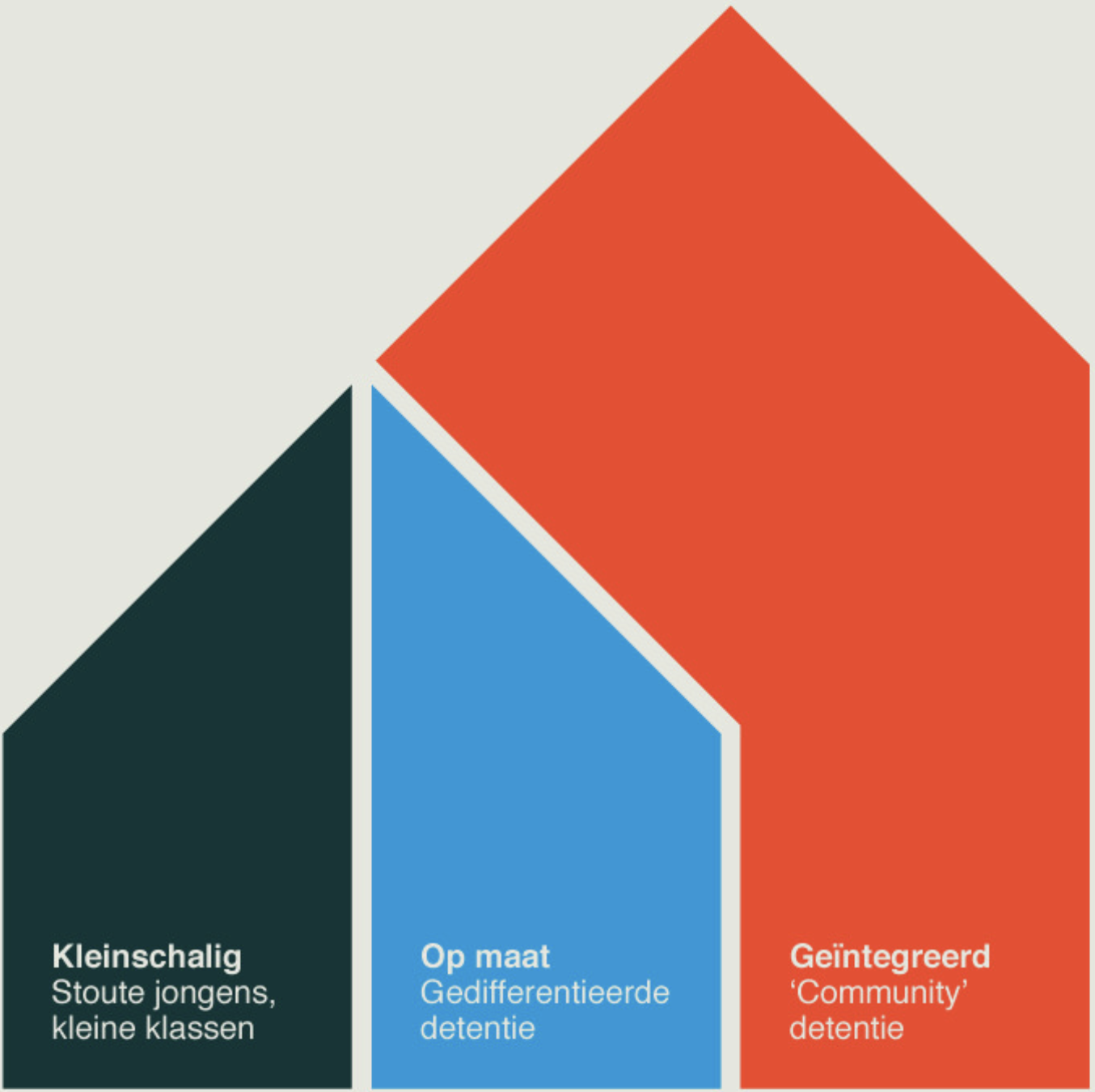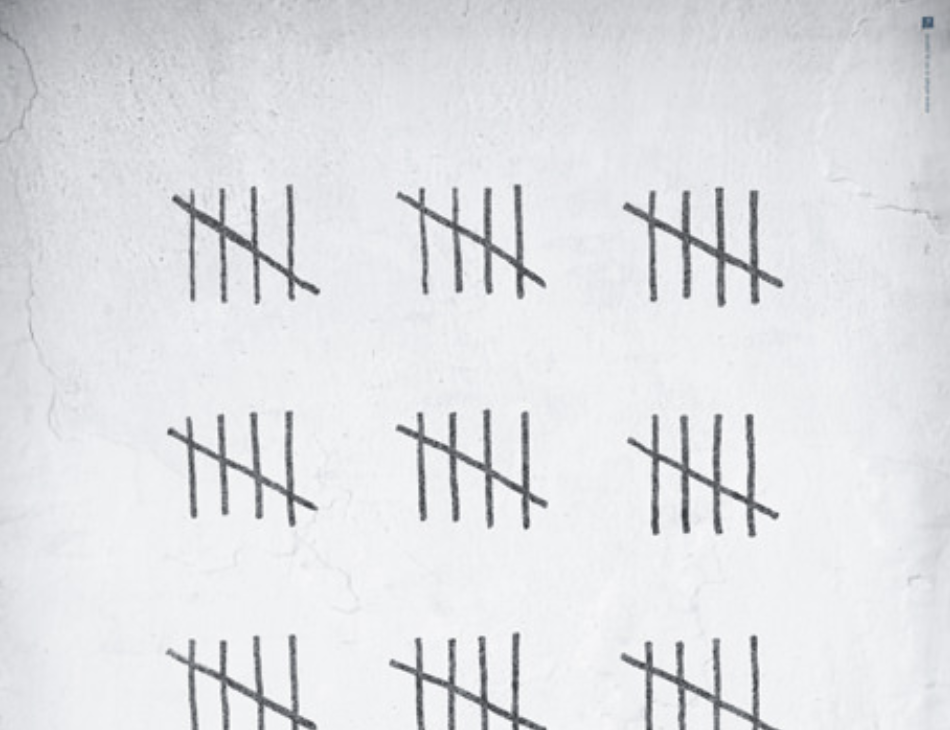Mission of The Houses

The houses aims at small-scale, differentiated forms of detention that are embedded in society more adequately.

The houses aims at small-scale, differentiated forms of detention that are embedded in society more adequately.
Prisons create illness, foster crime rather than to reduce it and stand in the way of recovery and reintegration. Meaningful detention prepares prisoners for a life after their punishment. An individual solution plan and a personal approach are necessary, just like creating a positive social role and network for prisoners.
To realise this, we need a new organizational structure and a new infrastructure: detention houses. These houses will also provide answers to socio-economic needs in their neighbourhood and in so doing bring added value to society.
This new penitentiary paradigm not only offers future-oriented solutions for (ex-) prisoners and a hopeful perspective for those who professionally deal with crime and punishment, but also equips to society to better deal with her black sheep.
Our organization has formulated business, staff, architectural and local plans and roadmaps together with recommendations to governments and interested organizations. The Belgian government has picked up on these ideas and will shortly establish detention houses in a pilot project.

Prisons came to replace the ‘inhumane’ corporal punishment. The following example of a detention process, based on real situations, makes it clear that we are ready for a next step in the humanizing of our punishments:
Hicham starts his detention in Oudenaarde, but is soon transferred to Tilburg, since he meets the conditions for a detention in Tilburg, among other things because he hardly receives any disciplinary sentences. His family cannot visit him in Tilburg (because of the distance and the transport costs). In the beginning Hicham reconciles himself to the decision, but he misses his wife and son. In addition, he becomes more and more alienated from his motivation to deal with his life in a different way, because his motivation is strongly attached to his family and the promises he made them. He becomes frustrated and living together with 7 other prisoners in a cell becomes harder and harder. During a conflict between his cell mates he first tries to mediate, but when this does not work out, it frustrates him even more. One day he is overwhelmed by it and he becomes implicated in a fight. For that reason he is transferred again to Wortel prison. There he shares a cell with 4 other men, with whom he cannot talk because they all speak another language. To prevent his frustration from escalating, Hicham starts taking drugs again. It helps him to calm down and not to think about the painful feeling of missing his family. His first applications for day releases and overnight release are rejected, mainly because of his negative attitude during detention. At a certain moment, he is allowed a day release. In the course of that day he has two meetings with different services and he has to look for a job. He gets 10 hours to arrange all this, but he has to travel to Oudenaarde for that. He does not manage to be back in time because he has to use public transport. He saw his wife that day and noticed that there was something wrong, but he was not able to pin-point why. Some days later, he receives a letter from her lawyer with the announcement that she wants to divorce him. She could not handle the situation anymore and lost her faith in him, because he took up his old substance abuse habit again. This is a heavy blow for Hicham and in addition this means that he will not be allowed overnight release and that he has to look for a new home. He tries to register at a social lettings agency, but they do not accept his application because he is not a local resident. Meanwhile the end of his sentence is approaching and he decides to serve his sentence, since he can hardly meet the conditions for electronic monitoring or release on parole. When he is finally released, he is a drug addict again, has no income and no place to live. The only person who still wants to help him is a fellow prisoner with whom he moves in. It does not take long before they both start to commit offences again to provide themselves with money.